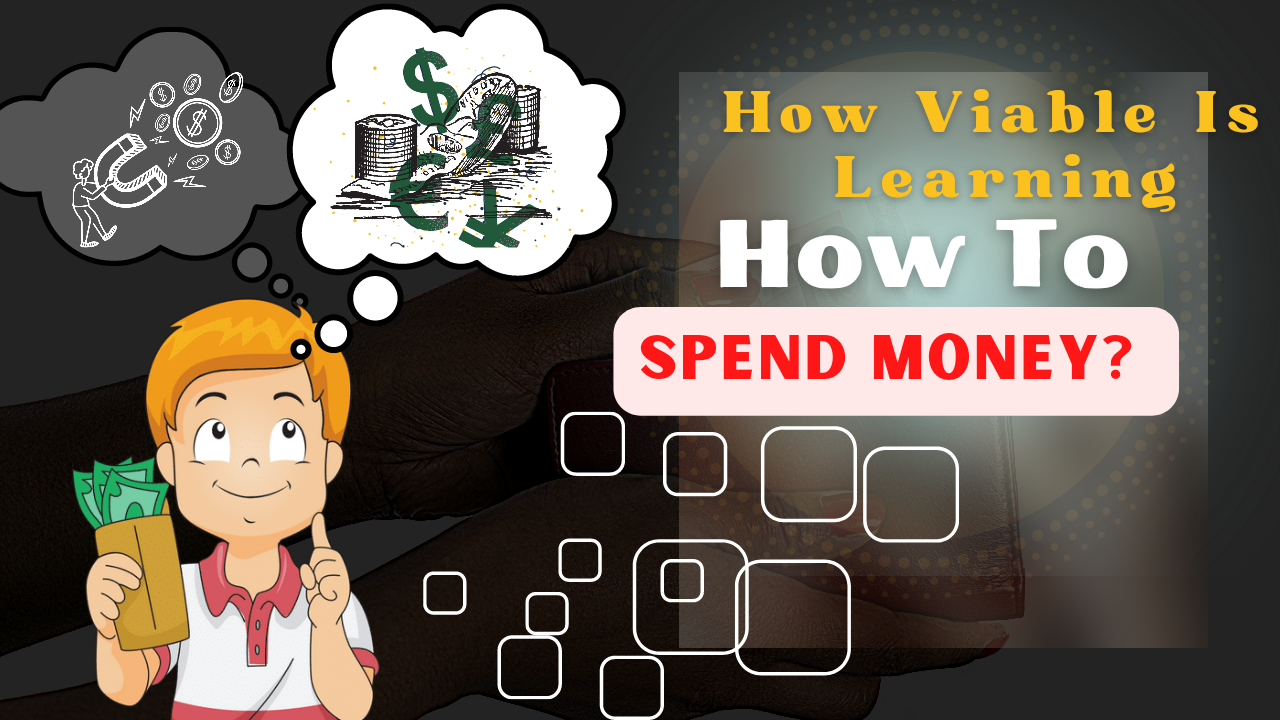
One of the things I'll never do in life is tell someone how to spend money unless the consequences of potential wastefulness might directly affect me. However, I use to tell people that no one is a guru when it comes to spending money.
Here's why: Theoretically, it's very easy to make money plans. Monthly or weekly earners are the biggest planners in life and this is because they're trying to use limited money to satiate unlimited needs. Sometimes we might think our salaries would put a limit on our needs and desires, but it doesn't.
There are finance gurus online who make millions by telling people how to reduce their excesses when it comes to spending, but the truth is we cannot.
It takes personal finance discipline to not incur these excesses in the first place
For example, drinking is an excess. This is because people cannot control their addiction level and knowing that one might not be able to control their addiction level, makes them make the sacrificial decision to stay away from drinking even if at the base level, drinking minimally wouldn't hurt their finances at all.
So, spending money comes with emotional attachments, if we cannot help people get their emotions in check it'll be difficult to show them how to spend money and this is why no one can teach another person how to spend money. Now attaining discipline is difficult, I talked about how one might spot a potential addiction and kill it from the root.
Money: An Extra Emotional Attachment
It takes serious consciousness to snap about of the emotions to spend astray and because of the potential sacrifices, people tend to give in to spending amiss, especially if they think it's a one-time thing and they'll never repeat such, but surely it will. We have to understand that our plans are not tethered to our emotions, this is because we can make flawless plans and still make stupid mistakes.
Our lives on paper reek of perfection
.....this is different in reality. It's filled with making potential decisions to keep us away from debt and additions. There's an MO (modus operandi)* to how people spend money, people create a monetary identity that can be recognizable by others and this is possible because money in its original form is only a tool, because we earned it by giving off a huge part of our essence.
Earning & Sentimental Affiliation
So how we earn our wages or salaries determines the affiliation we tend to attach to them. When we feel too attached to our money it makes it difficult rationality to do everything we do with it because we're always wary of making mistakes and all our efforts at earning become futile. This happens when people offer so much and yet earn too little.
Questioning the reason behind every expenditure is an M.O. we have African parents who would never spend a dime on anything unless it's been certified by them and if they decide to change this MO We might become wary and question the change because that change they adopted isn't their core identity.
A Change In Cashflow
So, the essence of money is reflected in its holder, this is why it's difficult to rid people of their emotional attachments to money. Emotional attachment to money can be good, but it can also be bad as well, however, I do not intend to talk about this as this is personal finance psychology on its own. However, the reason why I mentioned it is that there are times in life when we are exposed to change.
Change in income flow. A lot of people think they'll do better, and make more reasonable choices when their earning power gets better, but the truth is that they never do. Having more money doesn't throw away the core identity we've created towards spending. If there's something it does, it helps us fund some discrepancies we might have not been able to afford in the first place.
Money: A Different Motivation
While some people might experience some little changes if their income gets better, it's quite difficult to completely change everything. We cannot change externally, and neither can new knowledge about how to be a better spender impact us, unless we decided to change and are motivated to do so by something stronger in our lives.
Poverty is a very strong motivation on its own, but the downside is, being motivated to get out of poverty isn't always the best motivation because the motivation to stay afloat feels better, no one should be pushed to the wall and threatened by financial extinction for them to do better. So while it's difficult to be changed by someone's else finance lessons, it doesn't mean we cannot. Our lives require a lot of improvements to help us stay flexible in our personal finance journey and this is why we shouldn't stop learning.
Interested in some more of my works?
The Intrinsic Propensity To Spend Money
Poverty: The Unwillingness To Spend?
A Scenic Bathroom Photoshoot
The Importance Of Having A Contingency Money Plan
Translational Value; What Is Your Worth?
Using Crypto As A Means Of Transferring Will
